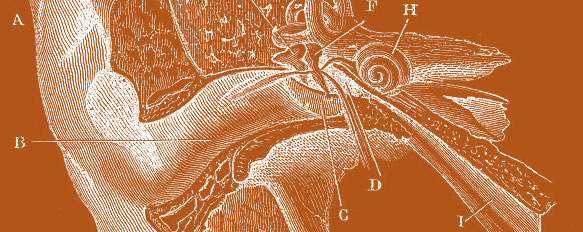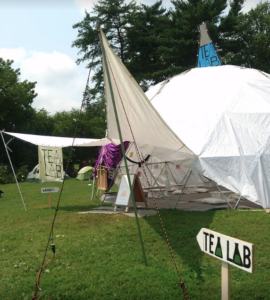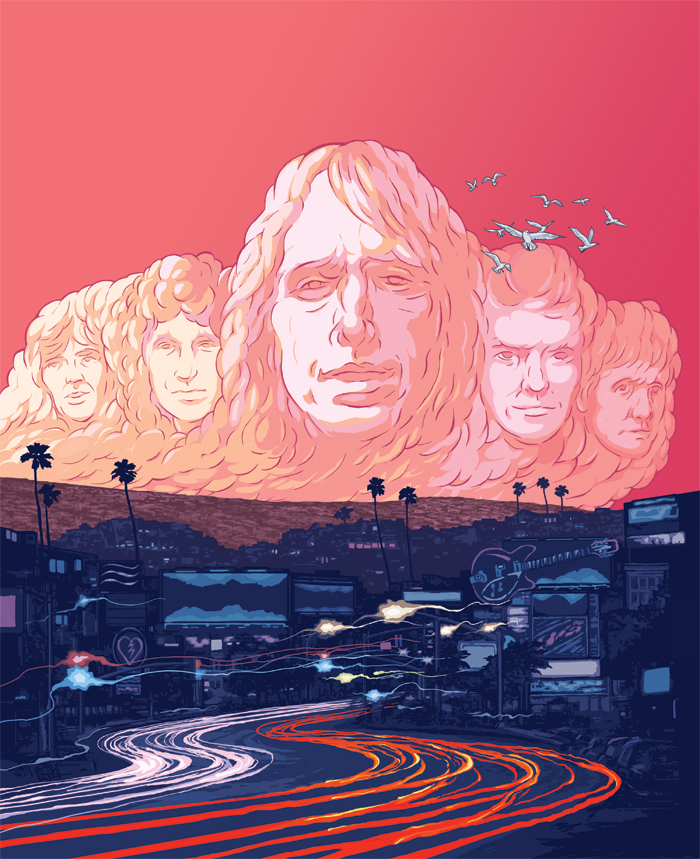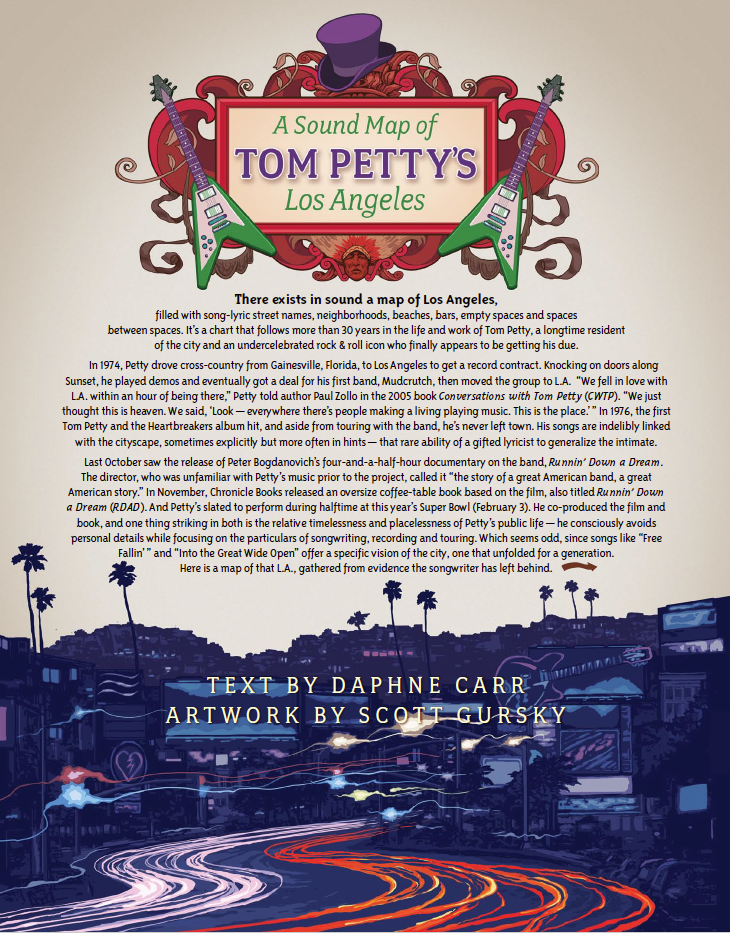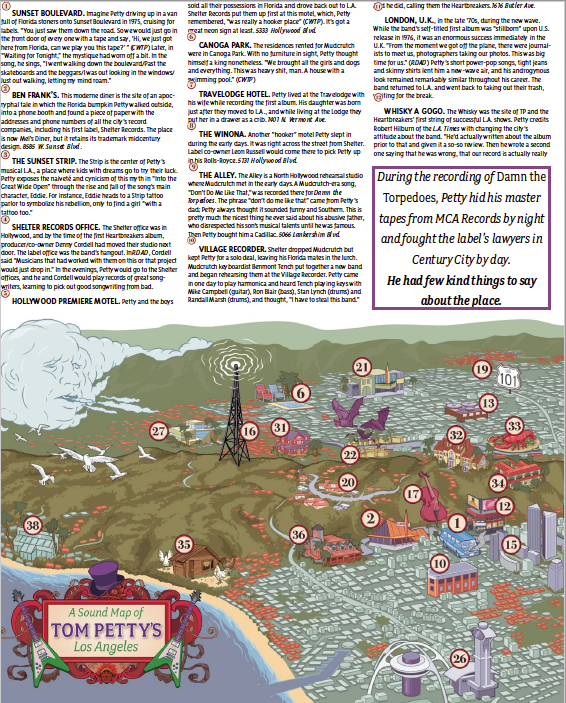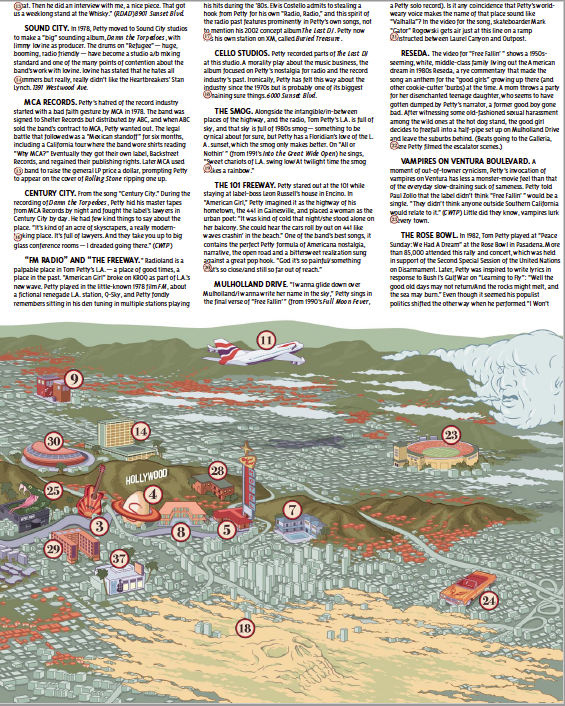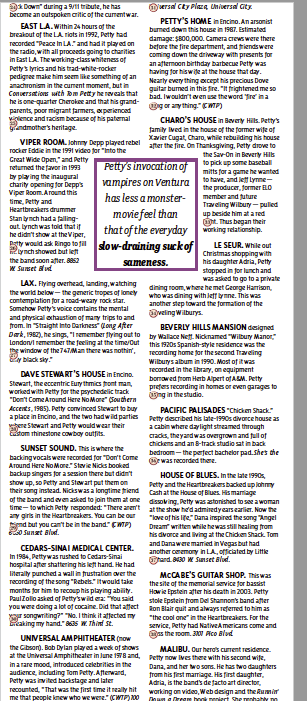Much gratitude to have participated in this female and trans-writers Pitchfork round up of girl group songs through the ages. I did La Belle, En Vogue, and Pussycat Dolls, the last of which gave me a chance to begin thinking through the gender politics of early 21st century unironic burlesque, something much on the mind these days.
Street Medicing
Street medics are an informal global network of volunteers with varying degrees of medical training who attend protests and demonstrations to provide medical care such as first aid. Unlike regular EMTs and parametics who serve with more established institutions, street medics usually operate in a less formal manner. Street medics may treat trauma injuries, chemical deterrent and other crowd control weapon ailments, animal attacks, as well as general care for things like heat exhaustion, epileptic seizures, and general well-being. Medics are frequently targeted by authorities.
We are volunteer street medics active in New York City.
We provide first aid and emergency care at protests, direct actions, and other sites of resistance and struggle]. We train other street medics and community members. Our group contains volunteers with many levels of certification and from many scopes of practice (EMTs, nurses, Wilderness first aid, herbalists, etc) but all are 20 hour medic trained.
We acknowledge and respect the work of volunteer medics in struggles worldwide who have come before us and whose knowledge is the foundation for our current practices.
POINTS OF UNITY
– We believe health includes physical and emotional well-being for ourselves and our neighbors.
– We embrace the full dignity of all human beings and practice a philosophy of constant consent, harm-reduction, and non-judgmental care.
– We believe that healthcare is a human right and act from a space to democratize this care, knowledge, and skills
– Our work is rooted in generations of resistance to systems of oppression and domination and seek solidarity with those struggling towards personal and collective liberation.
– We collaborate with and support those working for a just and healthy society.
MEMBERSHIP
The NYC Action Medics is a membership-based group, and we are always to expand our membership in ways that support our collective’s capacity to fulfill our goals and visions. If you are interested in working with the collective, we suggest you start by engaging with us in the following ways:
– Attend our events and talk with us
– Attend a training and/or participate as a scenario patient
– Ask to meet with one of our members to learn more about our collective and about opportunities for mutual aid
tea service at events
I have an ongoing fascination with and engagement in the health benefits and social service of tea across cultures, which manifests as a tea curator and server in various spaces.
Since 2014 I have camped at Burning Man with Camp Soft Landing, a traditional Chinese tea service offered in a quiet comfortable space that facilitates conversations between visionary travelers in the midst of playa chaos.
I was a co-lead on the 2015 Pex Tea Lab at the Pex Summer Fest, a three day experimental art and music festival in Maryland. We ran a 24/7 tea service with a mid-century modernist laboratory theme, as per the geodesic dome. This was an amazing summer project, but ultimately an enormous build for a small three day festival.
After this I decided to go travel light with the pop up Wayward Teatime basket, a traveling picnic basic with traditional tea service for eight, which I do pop up when I can at events, actions, and among friends.
Here’s the project: Wayward Teatime FB page. Invite me to your party if you’d like tea time!
Conference & Event Organizing
Co-organizer, Precarious Sounds // Sounding Sanctuary (2018) NYU’s FAS Music Department, with 18 papers, 20 composers and artists, an exhibit, and keynote by Prof. Josh Kun (University of Southern California) all answering: What can sound-makers and -thinkers tell us about the role of music, sound, and silence in struggles against precarity and in the creation of sanctuary?
Precarious Sounds // Sounding Sanctuary exhibit
Precarious Sounds // Sounding Sanctuary was a month-long exhibit that addressed the sonic elements of the community struggle against precarity and anti-immigration policies both in the current moment and with a long historical ear. The exhibit embraced the material culture of sounding in the sanctuary movement, indigenous sovereignty struggles across the globe, and the histories of fugitivity and precarity. The exhibit was curated by members of the conference committee (Derek Baron, Daphne Carr, Claudia Carrera, Chris Nickell) for the Precarious Sounds // Sounding Sanctuary conference, a two-day series of panels, performances, and conferences hosted by the NYU FAS Music Department on February 16-17, 2018. This exhibit was among the first for the newly-renovated Avery Fisher Center for Music & Media in Bobst Library at New York University.
February 12 – March 11, 2018
Avery Fisher Center for Music & Media
Elmer Holmes Bobst Library (7th floor)
70 Washington Square, South New York, NY 10012
Free entrance
Scholarly Works Archive
Many of these can also be found at my academia.edu profile as well.
DRAFT ARCHIVE
This is an archive of works created but not formally published while in scholarship. Unless otherwise noted, they are all usable with the copyleft of CC: BY:NC:SA. Please reach out to me if you have questions about any of these materials.
“Fine Art Education and Popular Music: A Crossover of Competence” Master’s Thesis, 2007
“Study art to make music: Art-school training and popular musicianship in New York City” Master’s Thesis in ethnomusicology DRAFT Spring 2006
From the vaults: Shows Alone
Maggie Vail just posted a tweet asking someone to write a piece about older women going to shows, especially alone. I wrote this piece for the Insound blog in the late 1990s, when I was in my early 20s. I should revisit this now as someone nearing 40. I apologize for making an ageist comment about Kim Gordon, but I left it in as archive:
GOING TO SHOWS ALONE AS A WOMAN
Often I go to shows alone. This may not seem very peculiar, but next time you go to a show, see how many men are standing by the walls, by poles and columns or hanging by the bar appearing to be with someone else. Then count how many women do it. It’s not uncommon to see men up to sixty at shows by themselves (witness the old man bootlegger in NYC), but the only old woman you’ll see at a show is Kim Gordon. I live in fear.
Sometimes I go because I have to cover the show for publication, but more often I don’t even bother asking anyone else. There is an uncomfortable dance that I must do to get a friend to venture into unfamiliar music; I twist the sounds into words they would understand, words that they have used to express delight at their own artistic conquests. Only several steps away from blatant manipulation, the ordeal begins what could be a catastrophic evening.
As my addiction only grows over time (in spite of what my mother said), I have developed a set of friends with a whole range of musical tastes to correspond to the events I desire to attend. This includes both fanatics and those with a sense of irony strong enough to accompany me on whatever random adventures take my fancy.
Upon moving to London I was both horrified and excited to find dozens of shows just waiting for me. The guilty pleasure of circling things in NME! The terror of potentially seeing The Cure alone! (Come on, the Bloodflowers tour? I have to.) But I have lost my infrastructure and comfort zone. So, in abandon, I have been dragging my classmates to shows as often as my powers of persuasion allow.
I find two categories of success, hit and miss. The first is an unexpected surprise. I gambled my fortune by taking two friends to see Motorhome, a Swedish pop band whose pre-gig (gig is English for show, but I feel so much like an annoying Guitar Magazine writer for typing it) blurb made mention of melancholy and Nick Drake. Had to see what that was all about. Bonus points were scored for the slick club with rice paper walls and what seemed to be the entire population of the Royal Art Academy packed in its basement confines. Those points were then wiped away by the opening band, whose pretensions leaned towards the Verve, but whose roots lay in the nether regions of the Dead. I must admit, sadly, that I lost one soldier during the changeover.
But Motorhome! Apart from the awful, awful name, the band was amazing…well Radiohead is amazing and they are rather a carbon copy (minus the astute lyrics). I know, humble reader*, that you say no one can be Tom Yorke, but this man had the golden voice, the long strains of woe, the amazing reach. It was all settled in the braver soldier’s account of the evening. “Daphne took me to see a great band last night.” Ahh, the thrill of the capture.
Then comes the catastrophic plunder of the miss. This most often takes the form of someone who is unfamiliar with one genre but quite devoted to another. There is a reason he or she never got in to it, but then insist that maybe this evening will be an awakening. Witness friend C, a monstrously cool girl with subcultural tendencies who never ‘got in’ to classical music. What better than a night of Stravinsky for introduction? I should have seen this one coming, but it wasn’t until we were well situated in the concert hall that I realized the depth of my mistake.
She tossed. She bumped into people around her. During intermission she began her informal observations of the dead white men canon. With every passing moment her body seemed more contorted: angry with me for bringing her into this din. In response I grew nervous. The performance wore on for over three hours in which I began frantically rethinking every aspect of the situation: the music, the man, the institution. I’ve already wrestled with my love of privilege music and my personal politics. This was not the time. These things would have never happened if I had come alone.
Then came the silence. The unbearable silence created after musicians have left the stage, when people shuffle to get their coats at the check and ushers run to pick up stray pieces of paper between the seats. I wanted to apologize to her for the disaster that was an evening of discordant new music reflecting on Stravinsky (Not what I’d expected, and some parts were painful). I wanted to give her the evening back. She was terribly polite about it.
“I will never subject a friend to that again,” “I will just go alone,” and other stoic statements followed. Of course, those words are casually forgotten when a lull in plans presents my ability to gain an evening’s partner. But I must be careful because to this partner I am now in artistic debt. Starting on that evening, I have to keep up my guard for advances. Soon the favor will have to be returned and then I will become the unknowing spectator.
I live in expectation that my friends will present me with wondrous and unknown vistas of entertainment in return for my exposing them to new things. Inside, I recoil with the primal fear of the unknown.
*Forgive this: I am reading DeQuincey and the like here, and they charmingly address the audience all the time. I had to try it out.
Feminist Oratory in Songs: Pitchfork
Proud to have a piece in this roundup of feminist oratory in pop songs, edited by Jill Mapes at Pitchfork.
Tom Petty’s Los Angeles
Sound Map of Tom Petty’s Los Angeles
A Tom Petty sound map cover story in the LA Weekly from 2007, hooked to the Peter Bogdanovich documentary Runnin’ Down a Dream. Illustrations by the amazing Scott Gursky.
